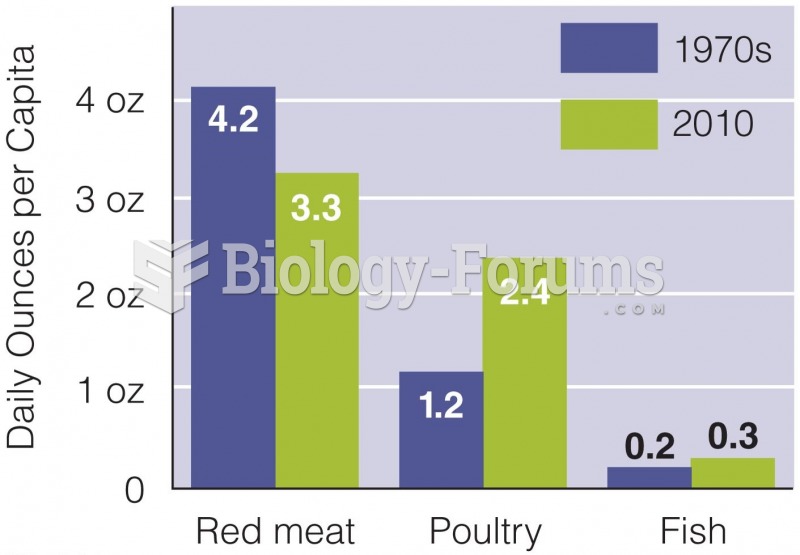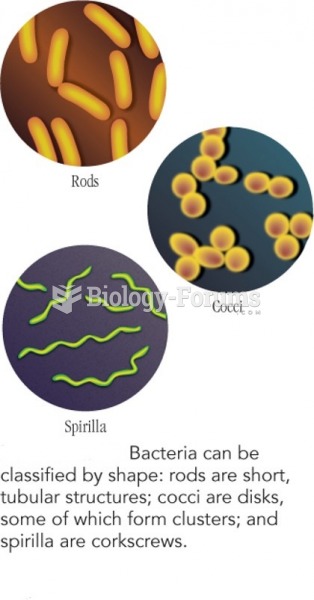|
|
|
A cataract is a clouding of the eyes' natural lens. As we age, some clouding of the lens may occur. The first sign of a cataract is usually blurry vision. Although glasses and other visual aids may at first help a person with cataracts, surgery may become inevitable. Cataract surgery is very successful in restoring vision, and it is the most frequently performed surgery in the United States.
Since 1988, the CDC has reported a 99% reduction in bacterial meningitis caused by Haemophilus influenzae, due to the introduction of the vaccine against it.
Thyroid conditions cause a higher risk of fibromyalgia and chronic fatigue syndrome.
Earwax has antimicrobial properties that reduce the viability of bacteria and fungus in the human ear.
After 5 years of being diagnosed with rheumatoid arthritis, one every three patients will no longer be able to work.







